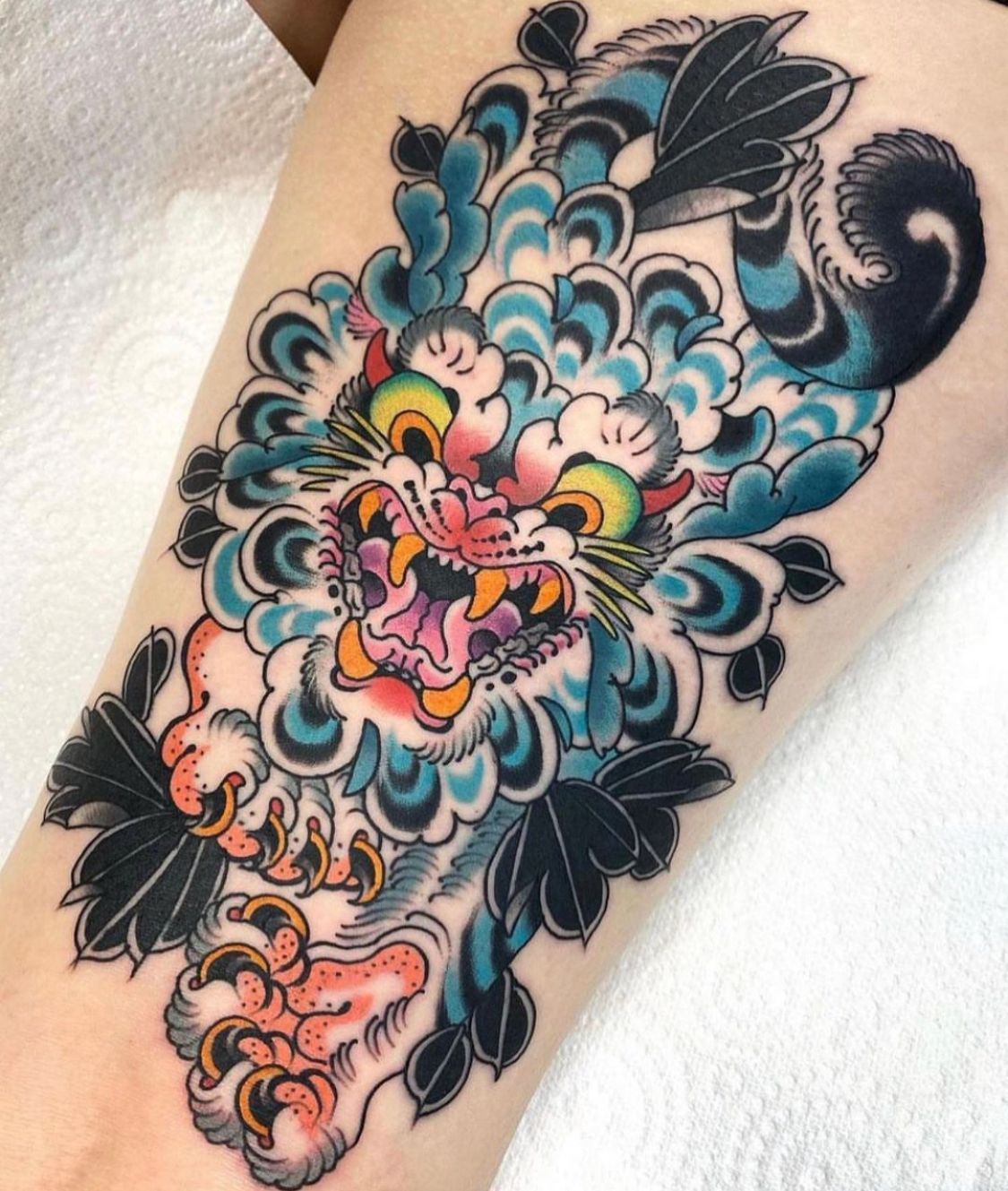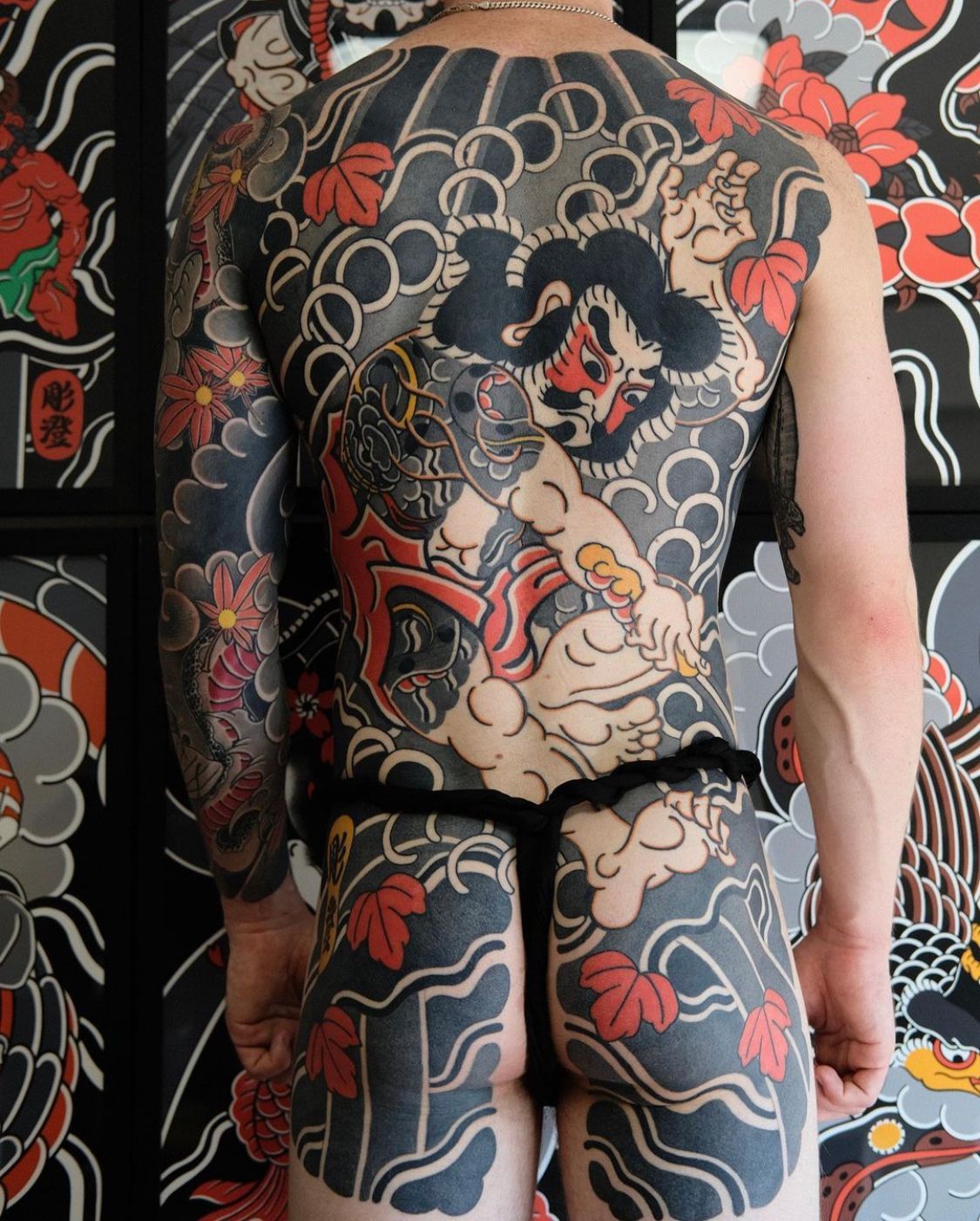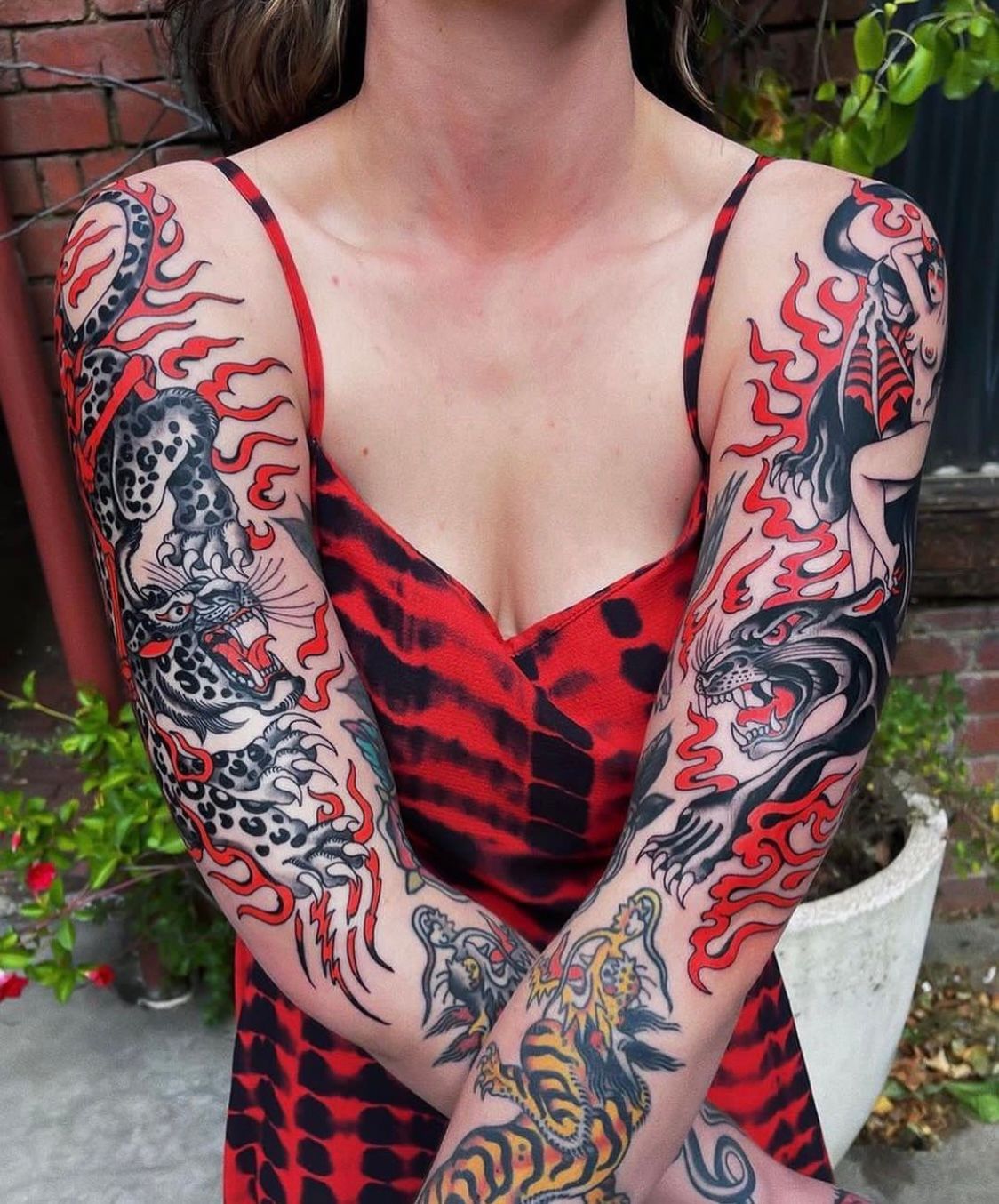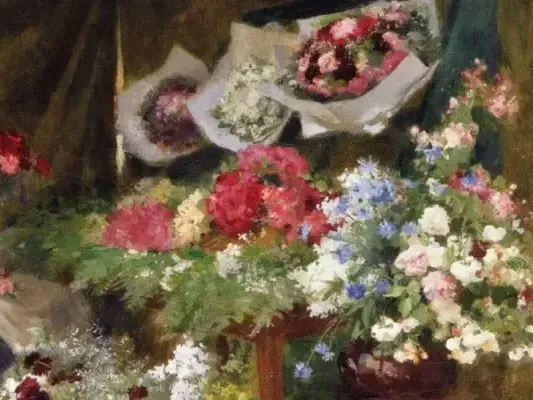When it comes to the art of design, Japanese Traditional Tattoos stand as timeless masterpieces. Originating from ancient Japan, these tattoos boast a rich history deeply intertwined with culture and tradition. In this blog post, we’ll delve into the origins, symbolism, and evolution of this captivating art form, shedding light on its intricate patterns and profound meanings.
The Roots of Japanese Traditional Tattoos
Centuries ago, in feudal Japan, tattoos served as badges of honor and markers of identity. The practice, known as "irezumi," found its roots in the country’s criminal underworld and samurai culture. Criminals were marked with tattoos to signify their offenses, while samurais adorned themselves with intricate designs to showcase their bravery and loyalty.
In Japanese, irezumi literally means 'inserting ink' and can be written in several ways, most commonly as 入. れ墨.
The Symbolism Behind Japanese Traditional Tattoos
Japanese Traditional Tattoos are more than just ink on skin; they are a language of symbols. Each element holds a specific meaning, crafting a narrative on the wearer’s body. Some common motifs include:
- Koi Fish: Symbolizing perseverance and determination, the koi fish often swims upstream, representing overcoming obstacles.
- Cherry Blossoms: These delicate blooms signify the fleeting nature of life, reminding us of its beauty and transience.
- Dragons: A symbol of strength, courage, and protection, dragons are a popular choice in Japanese tattoos.
- Samurai: Representing honor, loyalty, and discipline, samurai tattoos pay homage to the ancient warrior class.
- Phoenix: The phoenix, rising from its ashes, signifies rebirth, renewal, and immortality.
Evolution of Japanese Traditional Tattoos
In the past, traditional Japanese tattoos were hand-poked, using sharpened bamboo or steel needles attached to wooden handles. Today, electric machines have replaced manual methods, allowing for finer details and a more efficient process. This evolution in tools has opened up new avenues for artists, enabling them to create intricate designs that were once unimaginable.
Tebori, translating to “hand-carving” in Japanese, is the traditional method of tattooing that predates modern tattoo machines.
Revival of Irezumi Tradition
In recent years, there has been a resurgence of interest in the traditional irezumi style. Tattoo artists, both in Japan and around the world, have embraced the rich cultural heritage of irezumi, reviving forgotten techniques and motifs. This revival has not only preserved the essence of traditional Japanese tattoos but also elevated them to the realm of high art, with exhibitions and museums dedicated to showcasing this unique form of body art.
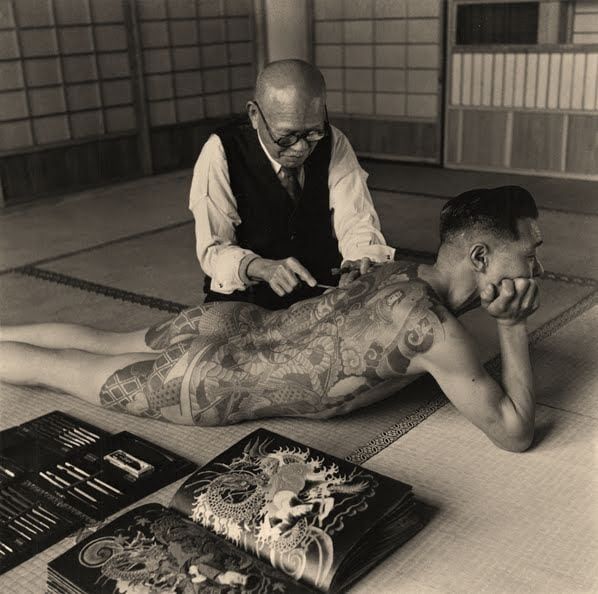
In addition to their aesthetic appeal, irezumi tattoos often hold spiritual significance. Some wearers believe that these tattoos protect them from negative forces and bring them luck and prosperity.
Flower Tattoos: A Blossoming Tradition
Flower tattoos have a special place in Japanese culture. They symbolise beauty, grace, and the cycle of life. At
Good Luck Tattoo, our artists specialise in creating intricate
flower tattoos, capturing the essence of nature’s marvels on your skin. From blooming roses to serene lotus flowers, each design is a testament to the delicate artistry of Japanese tattooing.
Explore Japanese Traditional Tattoos at Good Luck Tattoo
At Good Luck Tattoo, we offer a diverse range of traditional tattoo styles, including Japanese designs. Our artists blend precision with passion, ensuring every stroke embodies the essence of this ancient art form. Whether you’re fascinated by samurai legends or captivated by the elegance of cherry blossoms, our team of expert artists can bring your vision to life.
Final Thoughts
Japanese Traditional Tattoos are more than illustrations; they are living expressions of culture and heritage.
At Good Luck Tattoo, we invite you to explore this enchanting world, where ancient traditions merge seamlessly with contemporary creativity. Let your skin become a canvas, telling stories of bravery, beauty, and the boundless depths of Japanese history.
Get in touch with us today to get your free design consultation + sketch
